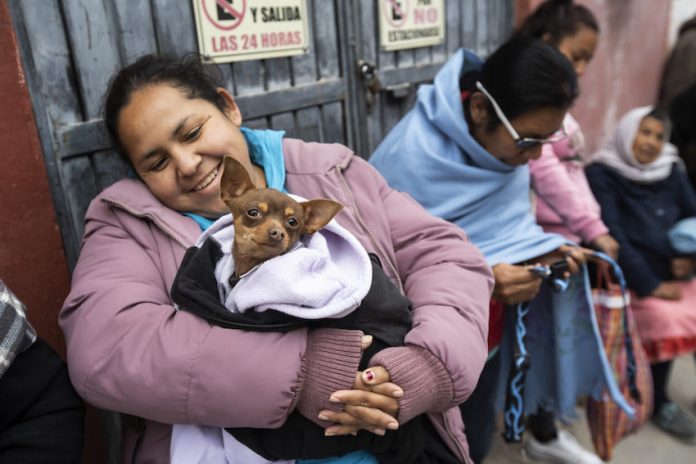In the small hours of the weekend mornings of June 24 and 25, dozens of pet owners and their furry companions began lining up outside the Lions Club in San Miguel de Allende to take part in a free sterilization campaign.
The organization that makes this possible – to the benefit of the animals and also the community – is Amigos de Animales, A.C.
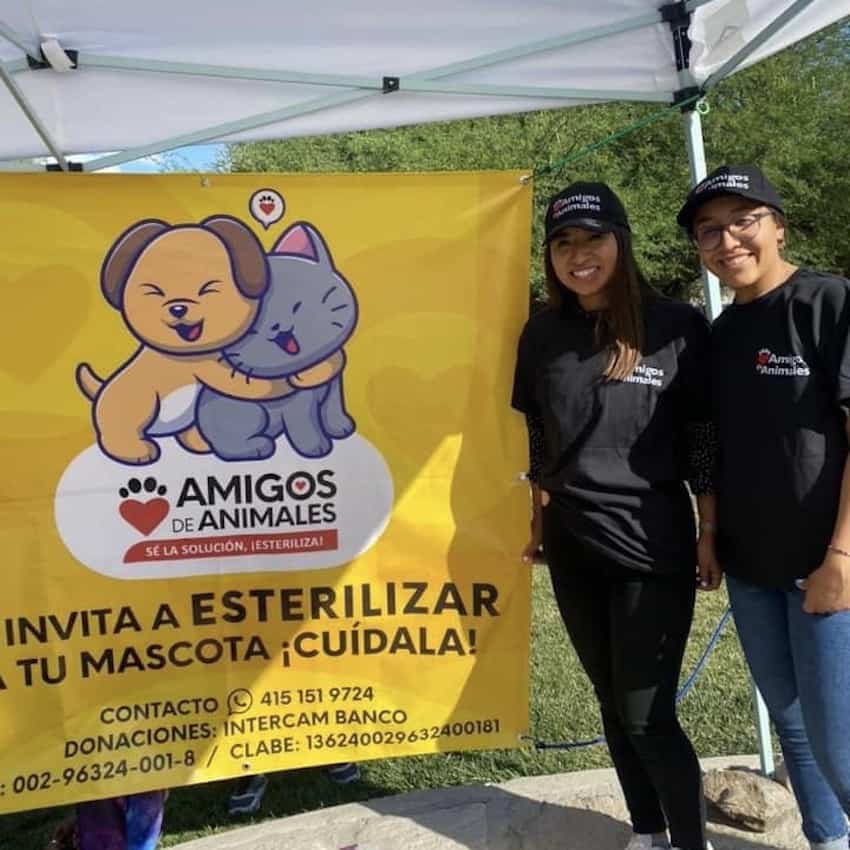
Established in 2001, the all-volunteer organization’s mission is “to help curb the overpopulation of companion animals in San Miguel de Allende through no-cost sterilizations, thereby helping to eliminate the fear, pain, suffering, and misery of homeless animals in San Miguel de Allende and outlying areas.”
While rescue and foster organizations are also very important, Amigos de Animales believes that their work, and that of other non-profits in the area, prevents these problems in the first place.
Since its inception, Amigos de Animales has sterilized over 28,000 dogs and cats, averaging over 1,300 sterilizations annually. Moreover, in the last year the organization has managed to double the number of major campaigns offered in the city center, which serve hundreds of cats and dogs, from two to four.
Amigos de Animales has also doubled the number of smaller clinics it holds in the communities surrounding San Miguel, where the animal overpopulation problem is far more acute.
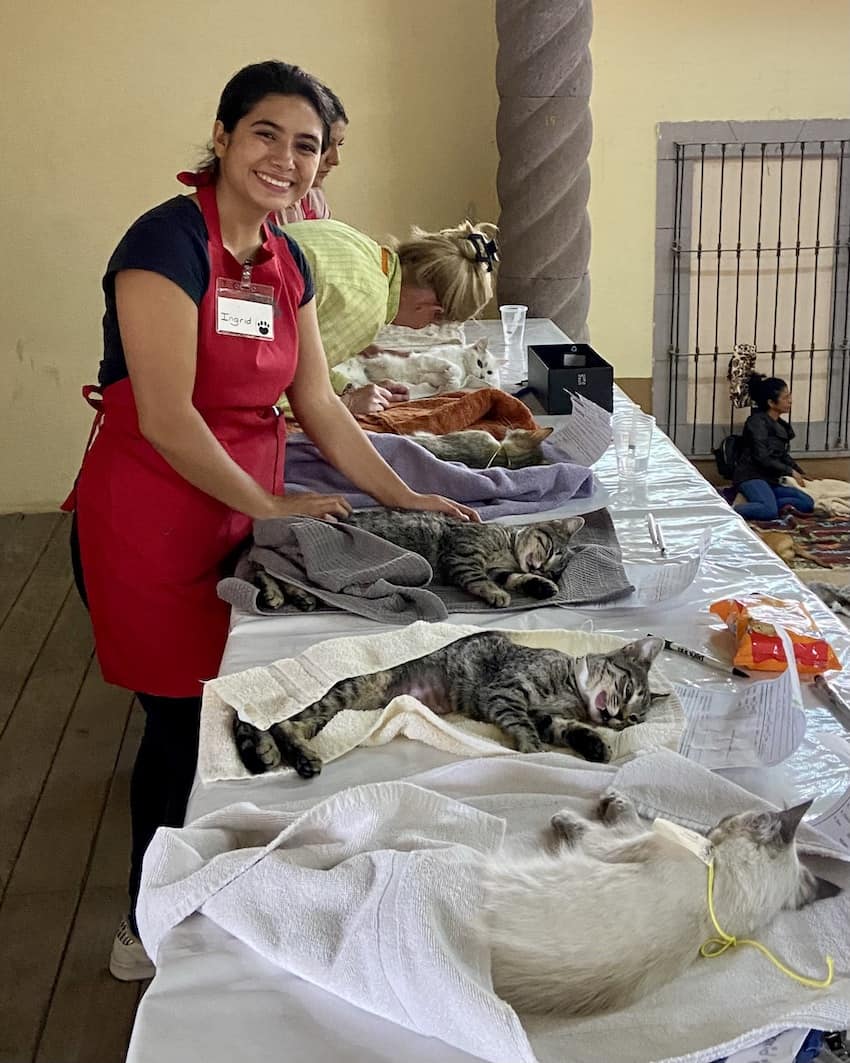
May alone saw 248 sterilizations in a total of 10 rural communities, a huge increase over the previous average of 100 per month.
Michael Friedman, Treasurer of Amigos de Animales and President of Amigos’ U.S. non-profit entity, explained that the rural clinics are arranged in cooperation with local community leaders.
In the last year, Amigos de Animales conducted 48 clinics in 34 communities. Two veterinarians with the assistance of two volunteers can typically sterilize 20 to 30 animals per clinic. A 50-peso donation is solicited but not required.
Thanks to the generosity of many donors, the organization was recently able to buy a new vehicle, enabling the team to conduct the rural clinics without having to hire trucks and drivers.
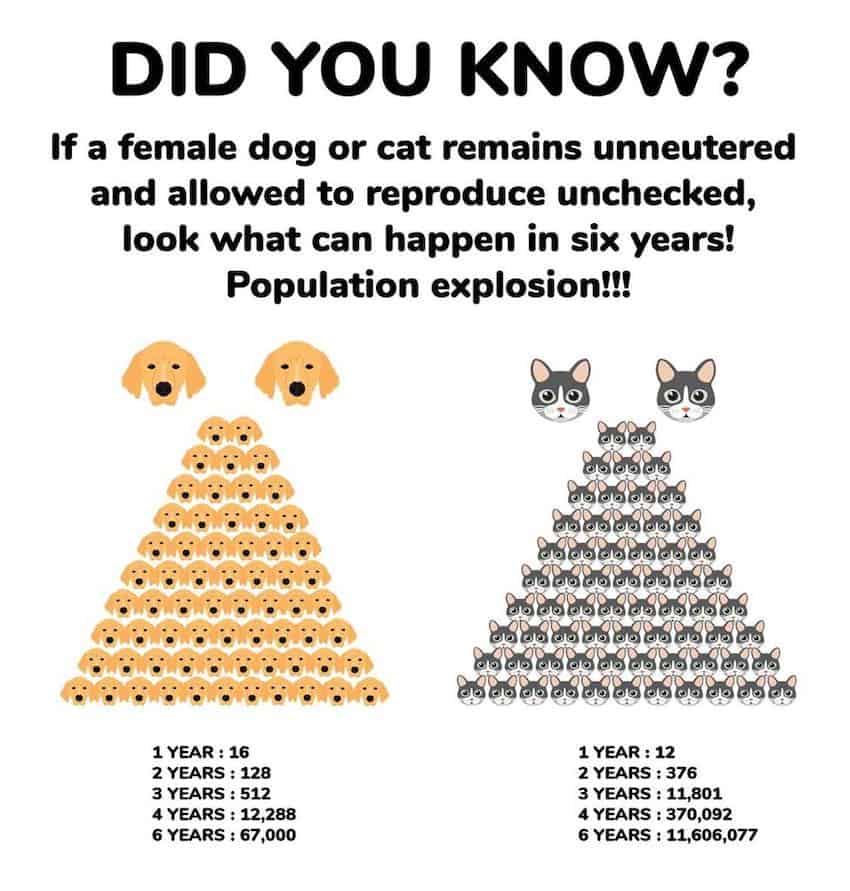
“We are also trying something new this year that we believe will be impactful,” Friedman told me. We’re going to each location three or four times in a row to truly saturate it.”
“For example, in the last three weeks we’ve been to the Palo Colorado community four times and sterilized a full complement of animals each time. Unfortunately, no official census is taken of dogs and cats, so it will be difficult to measure the impact with precision, but we are told by residents in the areas that we have visited repeatedly that they see a difference.”
Amigos de Animales has established an important partnership with Guanajuato Health Ministry (SSG), whereby the ministry provides skilled veterinarians to perform the sterilization surgeries and Amigos de Animales helps support SSG with supplies and medication. Seventeen veterinarians worked on last weekend’s big campaign.
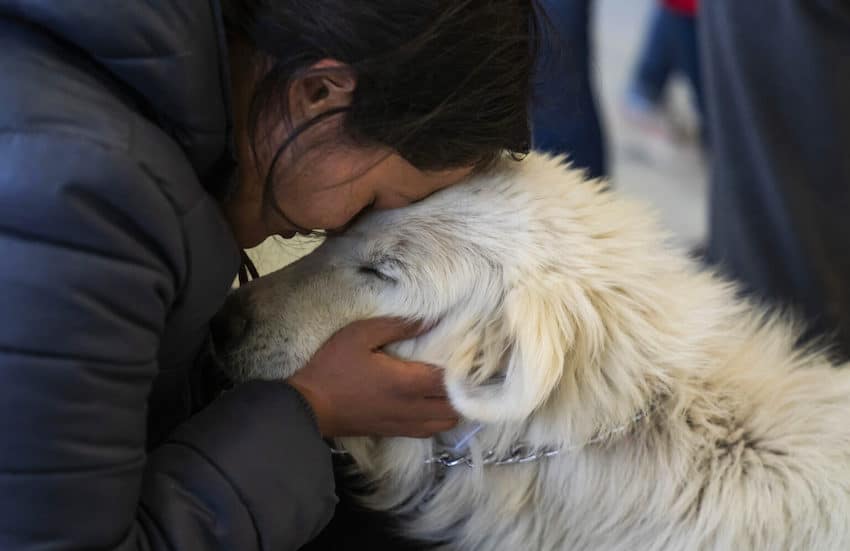
Veterinary students assist in surgical prep, and Amigos de Animales also recruits a small army of volunteers from the community to help with each campaign. Large events in the city require the services of approximately 35-40 volunteers. Volunteers register animals as they arrive, guide their owners through the process and help to care for the animals as they wake up from anesthesia, among other tasks.
Amigos de Animales was founded by Arno K. Naumann in 2001. A devoted animal lover, he was dismayed by the multitude of animals roaming the streets of San Miguel that were at the mercy of traffic, the elements, and human abuse.
After working with a crowded animal shelter, Naumann came to the conclusion that the best solution to the plight of animals wandering the streets was sterilization.
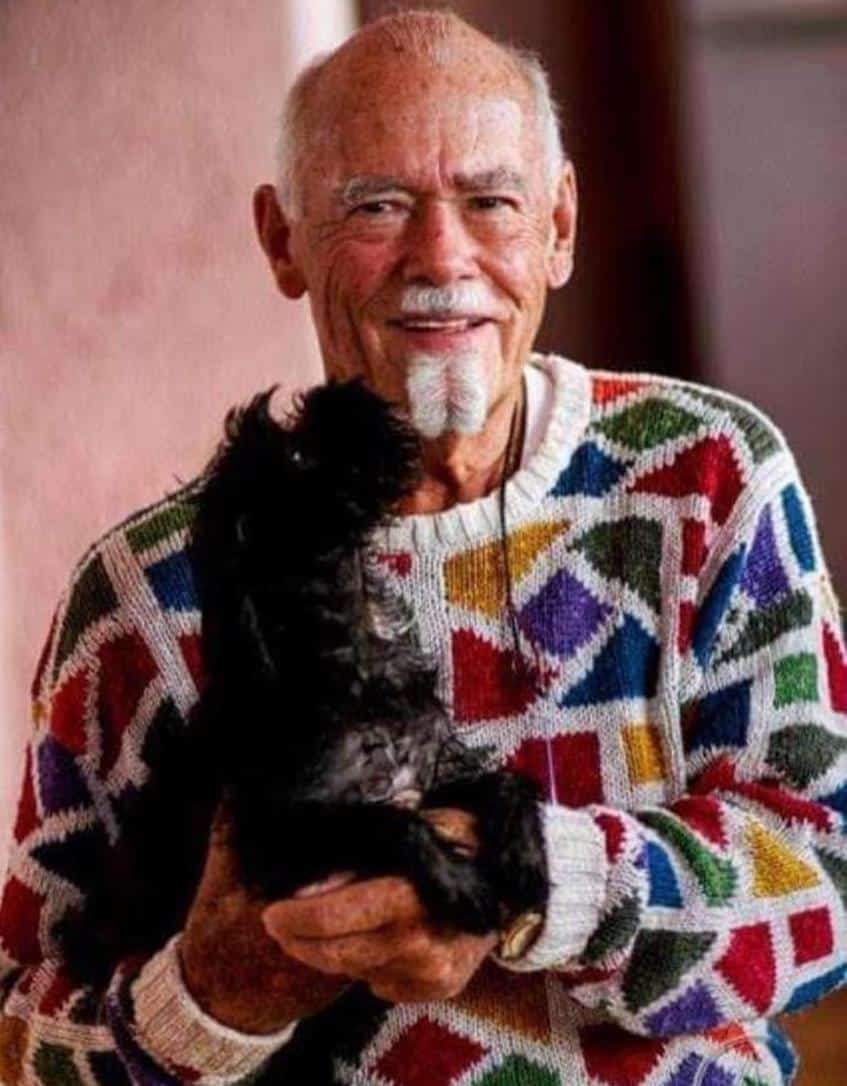
In addition to providing sterilizations, Amigos de Animales has worked to bring about other improvements in animal welfare. For example, the organization was instrumental in working with the local government to establish lethal injection, preceded by total anesthesia, as the only permissible method for euthanizing animals. This replaced the inhumane method of electrocution used in the past.
Amigos de Animales also works in the local public schools to teach children and their families about pet care, the animals’ need for love and the importance of dog and cat sterilization.
“Nearly 2,000 pets are abandoned in San Miguel de Allende every year, and many others are abused,” said president of Amigos de Animales, Claudia Chavarría Moreno. “So it is important that we visit schools, from kindergartens to universities, to educate young people and change the future.”
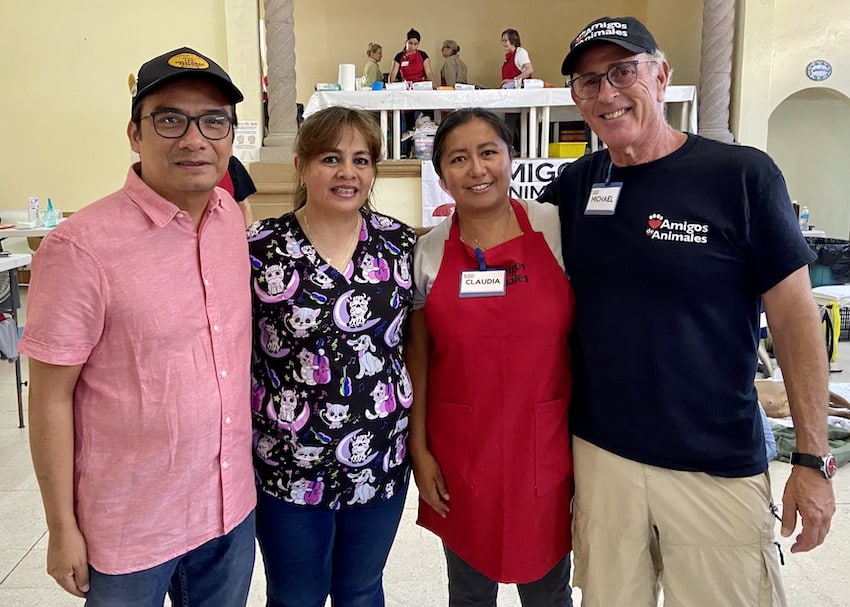
The group acknowledges that some people are uncomfortable with having their cat or dog sterilized. Pet owners may feel that sterilization is unnatural or cruel, or that their animal should at least have one litter.
However, there is no scientific basis for this belief. On the contrary, neutered dogs live 1 to 3 years longer on average than unneutered dogs, and neutered cats live 3 to 5 years longer. For a variety of reasons, sterilized animals make better companions for people.
Spaying also reduces or eliminates the risk of many kinds of disease and health issues. Amigos de Animales reports that spaying and neutering also significantly decreases roaming, aggression, and urine marking in cats and dogs.
If you would like to support Amigos de Animales’ efforts to reduce the overpopulation of cats and dogs in San Miguel de Allende, visit www.amigos-sma.org to donate or volunteer.
Based in San Miguel de Allende, Ann Marie Jackson is a writer and NGO leader who previously worked for the U.S. Department of State. Her novel “The Broken Hummingbird” will be out in October. Ann Marie can be reached through her website, annmariejacksonauthor.com.
